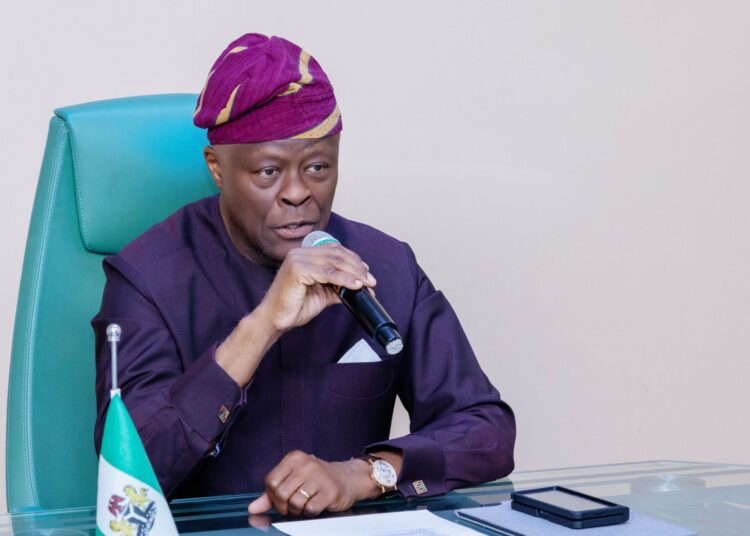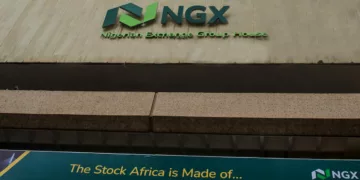The federal government’s Implementation Committee on the Sales of Crude Oil and Refined Products in Naira has said that the government unbundled the monopoly of the Nigerian National Petroleum Corporation Limited (NNPCL) to allow independent marketers to purchase Premium Motor Spirit (PMS) also known as petrol directly from local refineries to boost competition in the sector.
Chaired by the minister of finance and coordinating minister of the economy, Mr Wale Edun, the committee gave the update after its second review meeting held on Wednesday.
The minister said in a statement yesterday that the meeting focused on assessing the transition towards a deregulated market structure for Premium Motor Spirit (PMS) popularly known as petrol and addressing the change in the purchasing model for petroleum product marketers.
“The most significant change under the new regime is that petroleum product marketers can now purchase PMS directly from local refineries. This marks a departure from the previous arrangement where the Nigerian National Petroleum Corporation (NNPCL) served as the sole purchaser and distributor of PMS from the refineries,” Edun said in the statement that was posted on the X account of the Federal Ministry of Finance.
The minister said the objective is to allow for a free-market environment marked with competitiveness.
“This direct purchasing mechanism allows marketers to negotiate commercial terms directly with the refineries, fostering a more competitive market environment and enabling a smoother supply chain for petroleum products.
“With the commencement of local PMS production, the market is better equipped to support these direct transactions. This transition is expected to enhance efficiency in product availability and stabilize market conditions for the benefit of all Nigerians.
“The committee recognises that there are questions and discussions regarding this change in the market structure. We are committed to providing clarity on this development and will continue to engage with stakeholders to ensure a seamless transition process,” the minister stated.
Meanwhile, the Independent Petroleum Marketers Association of Nigeria (IPMAN) has raised the alarm over likely fuel scarcity across the country.
The national public relations officer of IPMAN, Alhaji Okanlawon Olanrewaju, raised the alarm yesterday in Ilorin, Kwara State.
He said that the current price that the NNPC is imposing on marketers is too high and may cause another round of fuel scarcity.
Olanrewaju, who said that NNPCL wants to sell at N1,010 to marketers, added that the price is even higher than what it sells at its outlets.
“The problem IPMAN is facing in the downstream oil sector is confounding. We realise that what the NNPC is imposing on us is too much.
“NNPC wants to sell at N1,010 to IPMAN. This price is even higher than what NNPCL sells at its retail outlets after including transportation costs. That’s a very difficult situation they are putting us. We may not be able to survive in that kind of situation because we’ll have to sell to the same members of the public. Definitely, it’s like they want to tag us as bad marketers,” he said.
Describing the situation as unacceptable, the IPMAN spokesman said that: “We don’t really know why they are doing that but definitely, we’ll not accept it. It won’t work.
“At present, our members have paid a lot of money, about N15 billion, into NNPCL account for months and they’ve not given us the product. This is for about two to three cargoes at the old price of N750 per litre. And now they want to increase the price after about three or four months.
“They’ve asked us to top up the money paid to them before we pick the product. That’s what they have always been doing and we cannot continue like that. Our president has instructed that every member of IPMAN should stay put until further notice as we’ll be having our NEC meeting on Wednesday next week. It means that marketers will not pay that money until our discussion.”
Olanrewaju, who agreed that the stay-off directive by the leadership of the association to marketers could lead to non-availability of fuel in circulation, said that it is likely to disrupt distribution of fuel supply, “because by the time we don’t pick product for sometimes and we start exhausting what we have, definitely, there’s going to be scarcity.”











